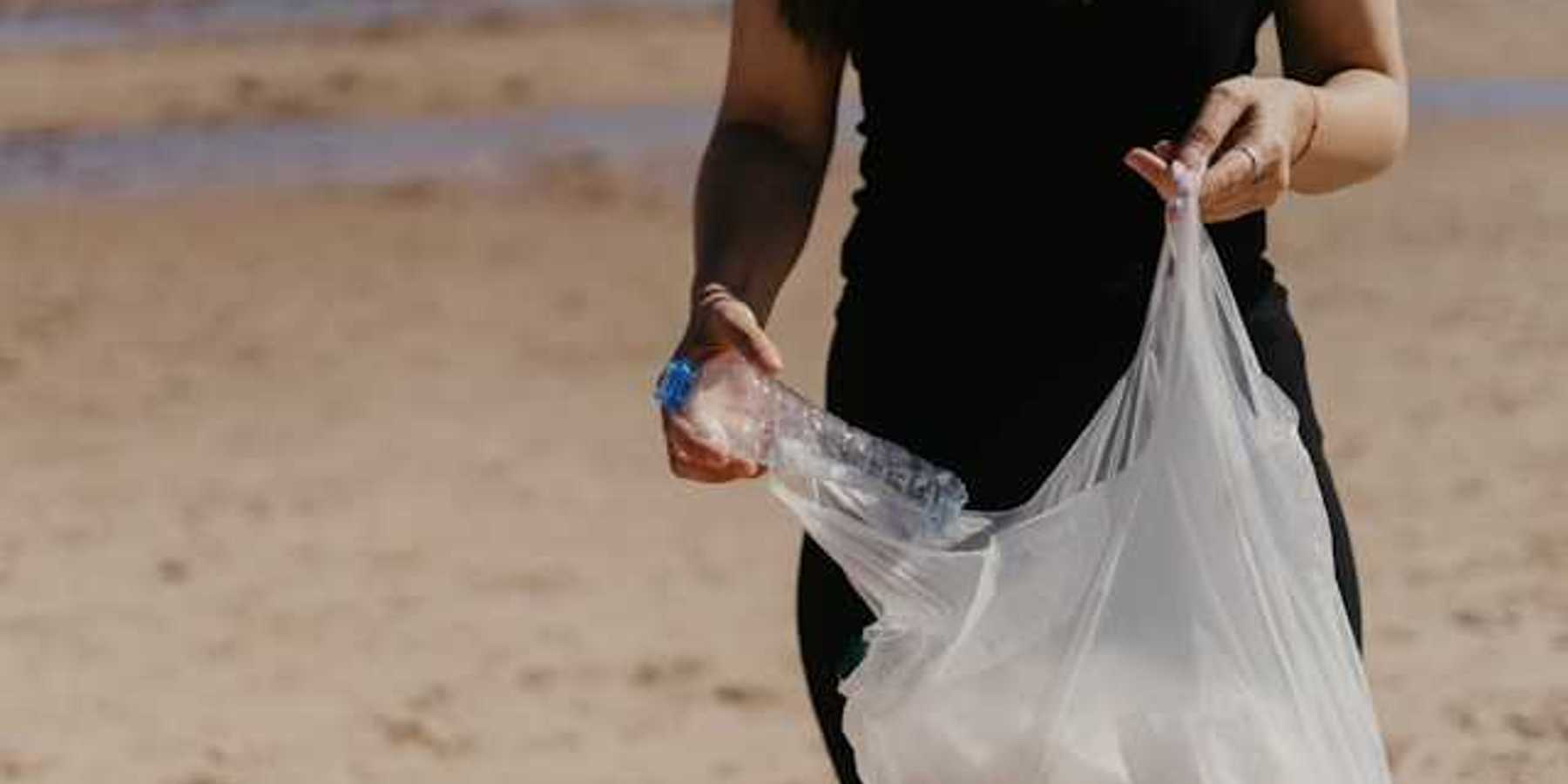EPA defends freezing $20 billion in climate grants without new evidence
A federal judge ordered the U.S. Environmental Protection Agency to justify its decision to freeze $20 billion in climate and clean energy grants, but the agency has yet to present direct evidence of waste, fraud, or abuse.
Claire Brown reports for The New York Times.
In short:
- The EPA halted $20 billion in grants intended for clean energy projects, citing an "unacceptable risk," but has not provided clear evidence of financial misconduct.
- The move follows a Project Veritas video featuring an ex-EPA staffer making remarks about government spending, though his lawyer denies any connection to the grants.
- A lawsuit from Climate United, one of the grant recipients, seeks to release funds, arguing the freeze jeopardizes jobs and projects.
Key quote:
"These claims are not only misleading and undermining a critical effort to drive American energy independence, local resilience, and job creation in communities, but are consistent with a number of factual inaccuracies and misinformation communicated by the EPA."
— Spokesman for the Opportunity Finance Network, a recipient of one of the grants
Why this matters:
The decision to freeze grants intended for renewable energy projects has raised alarms among environmental advocates and policymakers, who fear the move could slow efforts to cut carbon emissions and improve energy efficiency. The stalled funds were earmarked for projects like solar panel installations and home insulation — initiatives that not only help reduce dependence on fossil fuels but also lower energy costs for consumers.
The lack of a clear justification for the freeze has fueled speculation about political motivations, especially as the energy transition remains a divisive issue. Critics argue that withholding funds for clean energy could set back progress on climate goals and undermine economic opportunities in a rapidly growing sector. The freeze also highlights broader tensions over climate policy, as governments and industries navigate the transition to a lower-carbon economy amid shifting political priorities.
Related: EPA faces legal pushback over canceled climate grants













